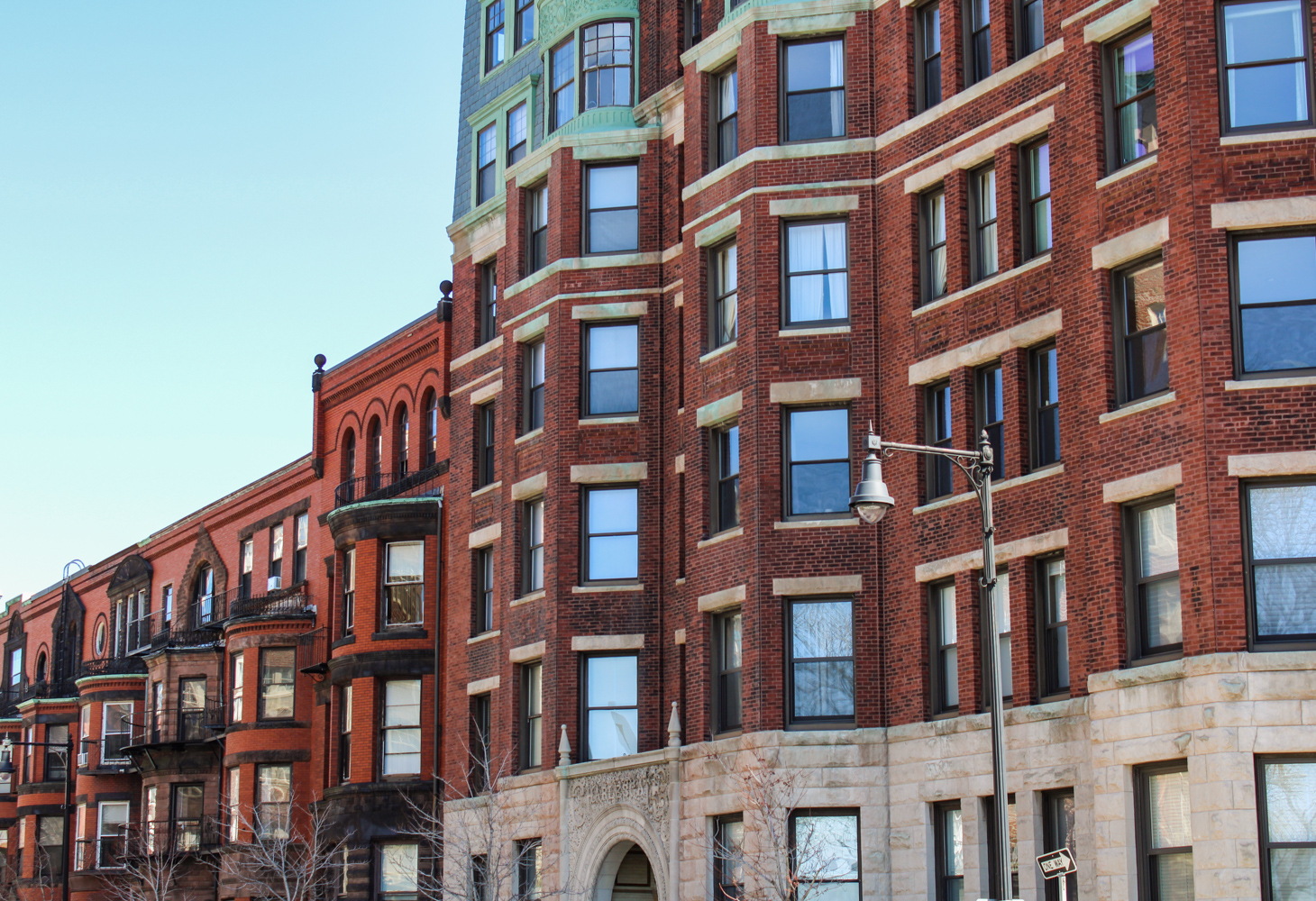
Mayor Michelle Wu announced last Thursday she would sign an executive order to expedite the approval process for affordable housing developments, possibly halving the time it takes to approve a development.
The executive order will overhaul the zoning code, fast track affordable housing in department review processes and form a new committee to monitor progress, according to a City press release.
“Building a Boston for everyone means ensuring that all of our residents and families have access to safe, affordable housing across our communities,” Wu said according to the press release. “By streamlining the timeline on affordable housing projects we’ll identify ways to make our processes more predictable for all projects to keep our city green and growing.
The current approval process, according to Alexander Sturke, director of communications at the Department of Neighborhood Development, takes a median of 337 days.
Sturke said the executive order will affect developers attempting to build affordable housing.
“They are the ones who hopefully will see benefits from this executive order,” he said. “That will help speed up the process and allow them to get affordable housing built more quickly.”
Matthew Parker, the executive director for the Union of Minority Neighborhoods — a Massachusetts based advocacy organization focused on increasing civic engagement among predominantly minority populated neighborhoods — said he approves of the order encouraging the different sectors of the city government to work together on the issue.
“I’m very happy about (departments working together), because it consolidates energy and resources when everybody starts talking to each other,” he said.
Despite the benefits of the executive order, Parker noted some lingering concerns.
“One of the things I still am concerned with is what is considered affordable, especially with the rising cost of inflation,” he said. “Folks still feel like they’re being pushed out, or their housing isn’t affordable to them.”
Parker also said the housing approval process may not be equitable for all members of the community.
“I just hope these departments do their due diligence around making sure (the) community is informed when these projects are fast tracked, so they know who to expect affordable housing from and what that will look like,” he said.
Parker said federal poverty guidelines for area median income should be tailored to each state, and new legislation should reflect those differences.
“(In) the larger hub cities where there’s a drastic wealth disparity and income disparity, the area median income and housing costs are so variable that somebody who makes just enough over that guideline, but not enough to be able to be completely okay, that is significant,” he said.
Parker expressed his gratitude toward Wu for taking on this initiative.
“I think that it’s such a powerful thing that our mayor hears these issues and decided to take some action,” he said.
























































































































